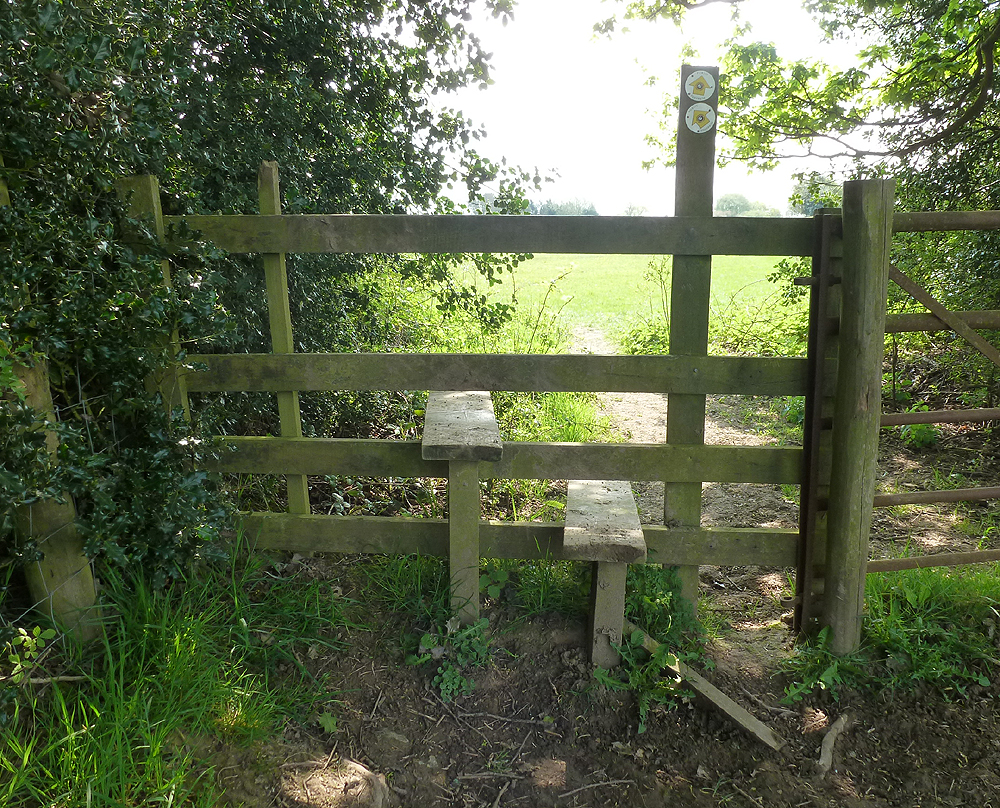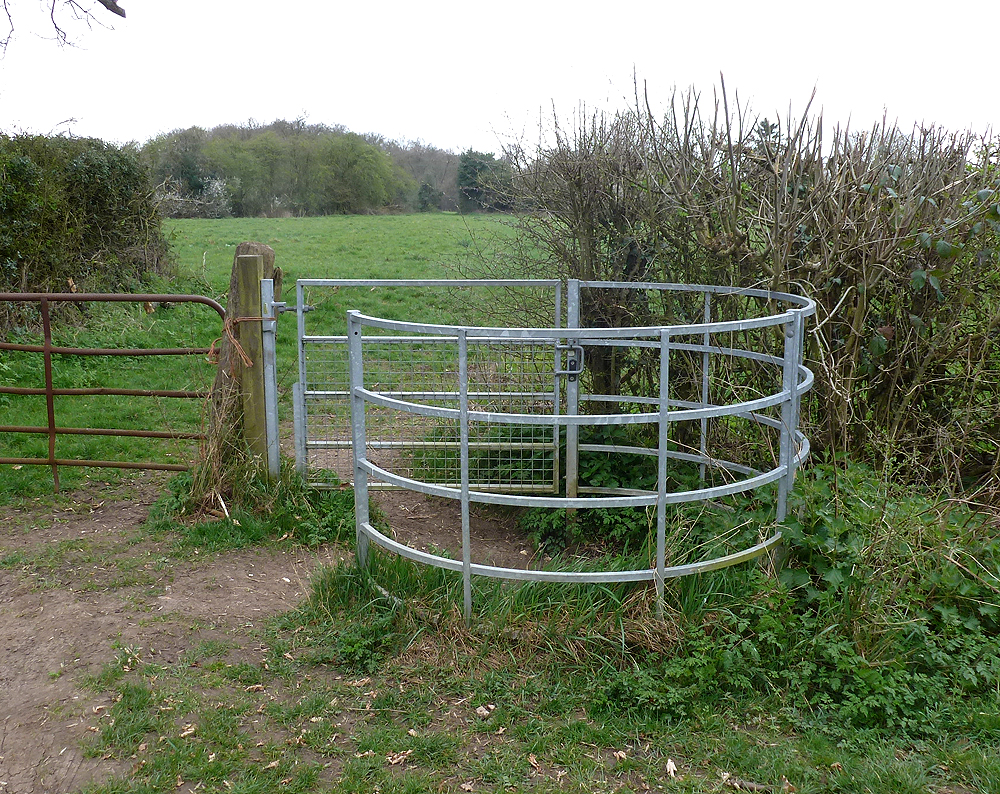Wooden stiles have been a part of the Chilterns countryside for as long as anyone can remember, and yet they are now fast disappearing.
Stiles allow access to public footpaths whilst keeping livestock in fields. Farmers like them because they are cheap to install, easy to repair and even if the step breaks the fence remains stock proof.
Over time each stile becomes individually worn, each journey over it wearing away a fraction more, to leave an impression of all travellers who have come that way.

Wooden stiles sit very well in the countryside being made of a completely natural and biodegradable material. Unlike modern industrial materials, there is no issue with carbon emissions polluting the environment either.
Traditionally a wooden stile would have been sourced from timber grown locally, harvested locally, milled locally, and crafted locally by a local farmer or skilled fencing contractor.
Take away the wooden stile and you lose the local connection and another reason to manage local woodland in a sustainable way for harvesting timber.
Apart from them looking so natural and being kind to the environment, they even provide a welcome place to sit. Who hasn’t sat for a moment on a stile and looked out across a field or paused to eat a sandwich?
Enjoy those moments while you can as in the Chilterns and throughout the UK, stiles are being ripped out and replaced with, not wooden but steel kissing gates.
Of course it is important that people who find it hard to get over stiles can access the countryside just as easily as more able people. Steel kissing gates are a just and necessary response to welcome and long overdue legislation such as the Disability Discrimination Act.

But do we really need to rip out traditional stiles and replace them everywhere with kissing gates made from modern industrial steel? Creeping industrialisation destroys the very reason people want to access the countryside in the first place.
Surely local councils and voluntary organisations, however well meaning, can come up with a sustainable solution that looks right, uses local materials and employs local trades?
Stiles have rural style, let’s celebrate them.